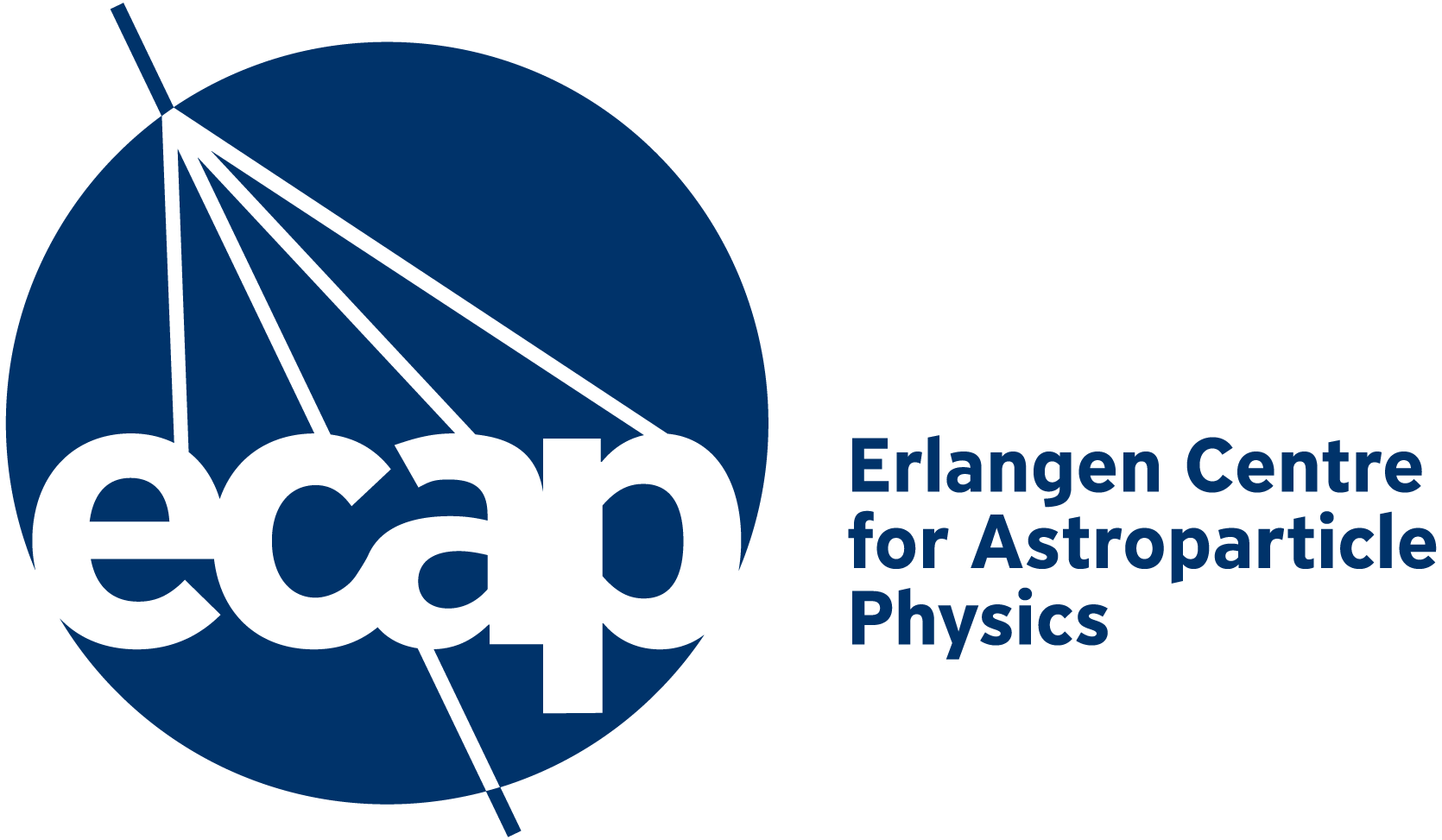ECAP Seminar: Jamie Holder
ECAP Laboratory, 00.061 Nikolaus-Fiebiger-Str. 2, Erlangen, GermanySpace Lasers and Aliens: Searching for optical transients with Gamma-ray Light Buckets Imaging atmospheric Cherenkov telescopes (IACTs) are among the largest and fastest optical telescopes in the world, ideally suited to searching for nanosecond-timescale optical transients. These could be astrophysical in nature, or even associated with signals transmitted by extra-terrestrial...
